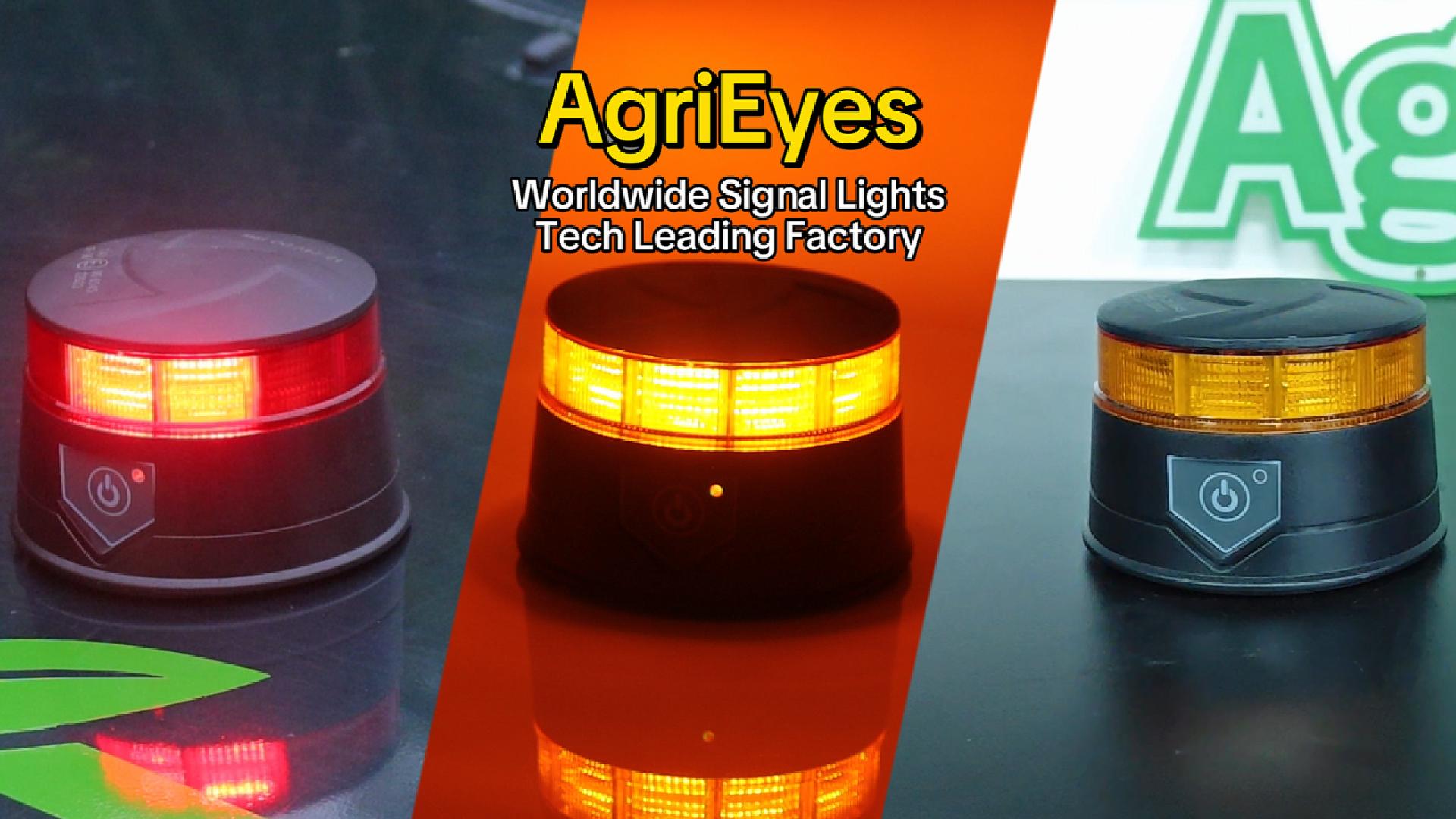If you are a roadside assistance driver or a tow truck driver who works in the towing industry, having the right emergency lights for your vehicle is a must. Vehicle emergency lights let the cars and people around you know that something urgent is going on in your neighborhood. Here is a quick guide to choosing and installing emergency lights for your vehicle.
LED strobe lights are a popular choice for emergency lighting. They're bright, energy-efficient, and can be seen from a distance, even in poor weather or at night.
Bright and energy-efficient: They use less power but are still very visible.
Versatile: Can be installed on various parts of the vehicle—roof, rear, or sides.
Long-lasting: LEDs last longer than traditional bulbs.
Beacon lights are commonly used on construction vehicles and emergency trucks. They provide 360-degree visibility, making them perfect for alerting others in low-visibility situations.
360-degree visibility: Perfect for high-traffic or dangerous areas.
Durable: Many are waterproof and can handle bad weather conditions..

Light bars are great for larger vehicles like tow trucks or snowplows. They provide wide coverage and are very effective in warning others about potential hazards.
Wide coverage: Ideal for vehicles that need visibility from all sides.
Multiple modes: Many light bars offer different flashing patterns.
Smaller but equally important, tail and marker lights increase your vehicle's visibility, especially when you're stopped or parked on the side of the road.
Increases visibility: Helps other drivers see you, especially at night.
Compact design: Easy to install and doesn't take up much space.
Wireless lights are perfect for those who need a quick and portable solution. These lights can be easily moved from one vehicle to another and don’t require any wiring.
Portable: Move them from vehicle to vehicle as needed.
No installation needed: Just attach them using magnets or suction cups.
Remote control: Some models come with a remote or app for easy operation.
When choosing emergency lights, consider the following:
Type of vehicle: A tow truck may need a light bar, while a delivery van might be better suited for strobe lights.
Weather conditions: Make sure the lights are waterproof if you'll be working in tough conditions.
Ease of installation: Wireless lights are the easiest to install and move around.
Visibility: Ensure the lights are bright enough to be seen from a distance.
No matter what type of vehicle you have, the right emergency lights will help keep you safe and visible on the road.